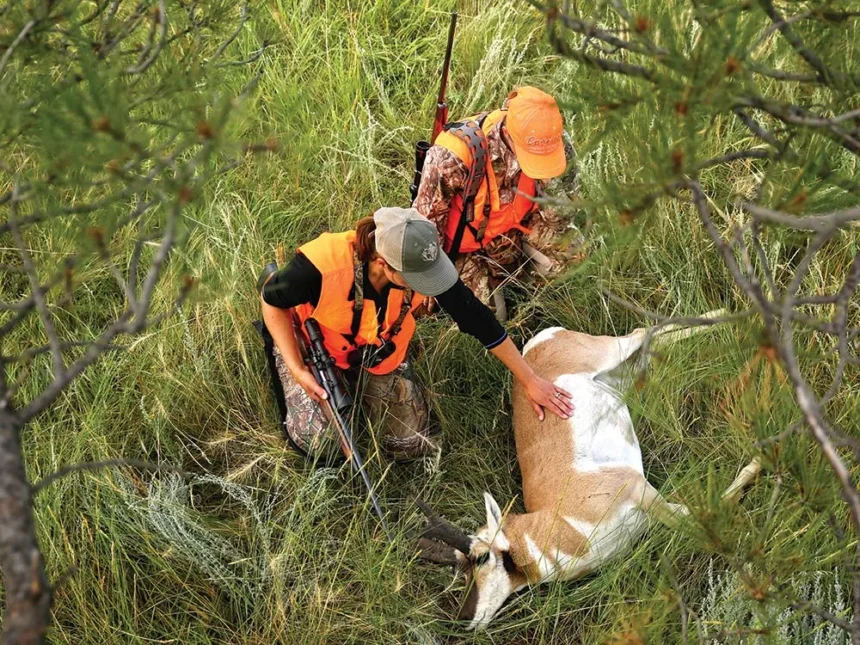For centuries, hunting has been more than just a sport — it has been a way to connect with nature, test skills, and create lasting memories. Whether you’re a seasoned hunter or a beginner eager to experience the wilderness, proper planning is key to ensuring your hunting trip is safe, enjoyable, and successful.
In this guide, we’ll explore essential steps and tips to help you organize memorable hunting adventures.
1. Choose the Right Location
One of the most critical decisions you’ll make is selecting the ideal hunting destination. The type of game you’re after — whether it’s deer, elk, waterfowl, or upland birds — will largely determine where you should go.
Research regions known for abundant wildlife populations and consider factors like terrain, accessibility, and local regulations. Public lands, private ranches, and wildlife reserves all offer different experiences, so evaluate what suits your hunting style and preferences.

2. Understand Local Hunting Regulations
Every hunting area has specific laws and guidelines designed to conserve wildlife and ensure ethical hunting practices. Before embarking on your trip, familiarize yourself with local regulations.
This includes licensing requirements, hunting seasons, bag limits, and rules regarding equipment such as firearms or bows. Ignorance of these regulations can result in hefty fines or legal trouble, so preparation is essential.
3. Prepare the Right Gear
Having the right equipment can make or break your hunting experience. Your gear list will vary depending on the type of game and the environment, but some essentials remain constant:
- Firearms or bows, along with sufficient ammunition or arrows
- High-quality hunting clothing suitable for the weather
- Footwear that provides comfort and support for rugged terrain
- Binoculars and rangefinders
- Hunting knives and other field dressing tools
- Survival essentials like a first-aid kit, flashlight, map, and GPS
Double-check your gear well in advance to ensure everything is in working order.
4. Consider Guided Hunting Trips
If you’re new to hunting or exploring unfamiliar territory, guided hunting trips are an excellent option. Professional guides bring local knowledge, expertise, and access to prime hunting grounds that you might not discover on your own.
Guided hunts can significantly increase your chances of success while providing peace of mind regarding safety and legality. They also allow you to focus on enjoying the experience rather than stressing over logistics.
5. Plan for Safety
Safety should always be your top priority during any outdoor excursion. Inform someone about your itinerary, expected return time, and location details. Carry emergency communication devices, especially if you’re venturing into remote areas.
Additionally, ensure you’re familiar with basic survival skills like navigation, first aid, and shelter building. Weather conditions can change rapidly, so always be prepared for unexpected situations.
6. Practice Ethical Hunting
Responsible hunters play a crucial role in wildlife conservation. Always follow ethical hunting practices, which include:
- Respecting game laws and limits
- Taking clean, humane shots
- Recovering and utilizing all harvested animals
- Respecting other hunters and landowners
Ethical hunting not only preserves wildlife populations but also maintains the positive image of the hunting community.

7. Reflect and Learn
Every hunting trip provides valuable lessons, whether you come home with a trophy or not. Take time to reflect on your experience, what went well, and areas for improvement. This mindset ensures continuous growth as a hunter and leads to more rewarding adventures in the future.
Conclusion
Hunting is more than just a pastime — it’s an opportunity to reconnect with nature, challenge yourself, and create lasting memories. With thorough preparation, respect for the environment, and a commitment to safety and ethics, your next hunting trip can be an unforgettable experience. Whether you plan a solo adventure or join guided hunting trips, the key to success lies in preparation and responsible participation. So gear up, do your research, and get ready to embrace the great outdoors.







